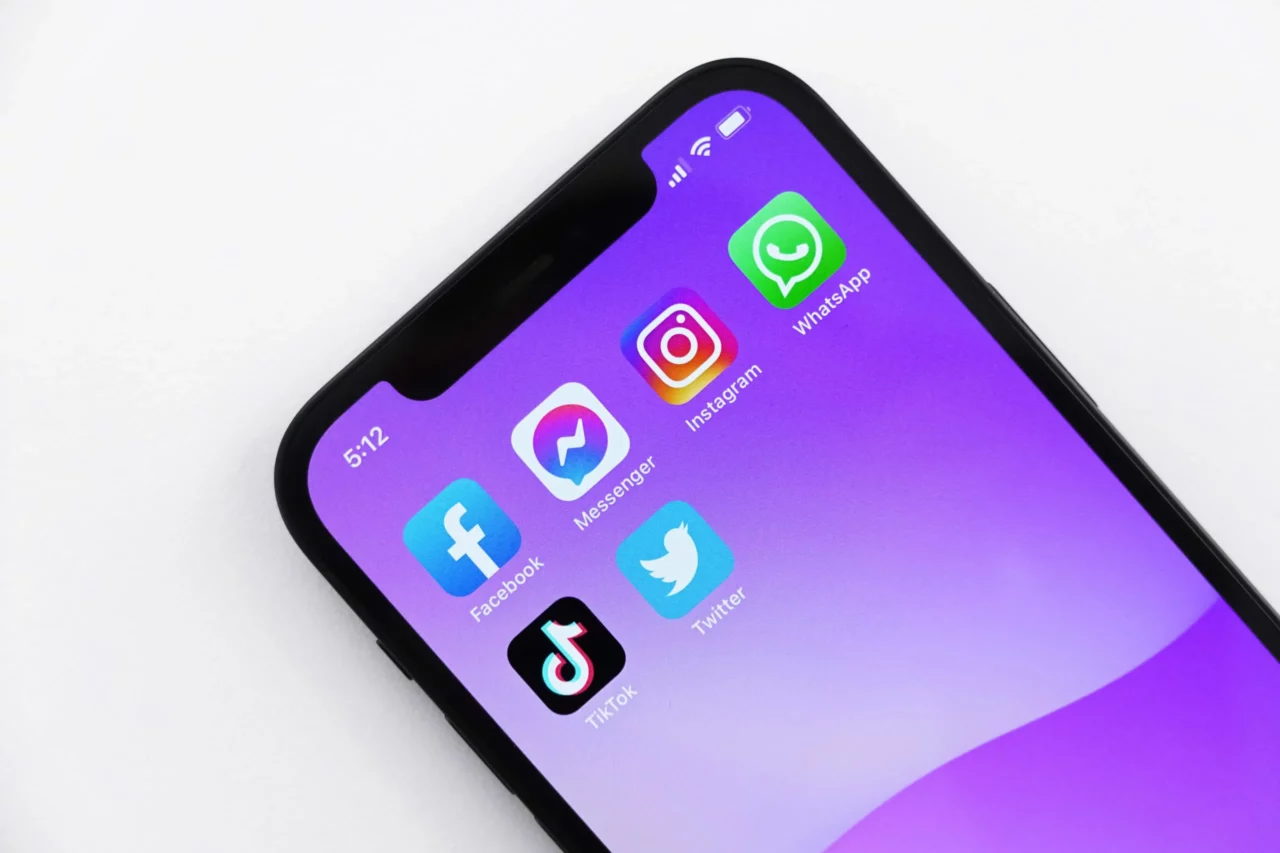It is the moral and legal responsibility of the employer to ensure their employees are not exposed to inappropriate and offensive language. Protecting staff from discrimination, bullying and harassment is critical, and there are multiple ways employers can take proactive action:
- Create a policy about the use of offensive language and emphasize that a safe working environment must be offered to all staff. The policy should address not just legally forbidden discrimination under the 2010 Equality Act, but commonplace offensive “banter” as well.
- Ensure there are mechanisms in place for employees to report inappropriate language, and that any reports are treated with the strictest confidentiality. Take prompt action to investigate and respond to all cases.
- Provide training to all staff to raise awareness about the existence of the policy and its contents, and ensure the training is regularly refreshed and mandatory for everyone. Consider expanding the training beyond compliance and focusing it on anti-sexual harassment and women’s safety in particular, with topics such as exploring the causes of inappropriate behaviour in the workplace, prevention and mitigation strategies. Included’s offering is available here.
- Lead by example – leaders of the organisation in particular must adhere to and promote the policy, and ensure they use inclusive language. Leaders must be equipped with the right skills to lead difficult conversations on safety, gender identity, sexual orientation, and race, amongst other related topics. Learn more about our offering on inclusive communication by contacting us here.
While employers can put measures in place to prevent the use of offensive language and behaviours in the workplace, it is ultimately down to each individual employee to comply – while at work, or not. Comedian Adam Hills has been praised in recent weeks for his leadership in calling men to become allies and address inappropriate language and behaviour directly. In a powerful speech in early October, he acknowledged that women have to face the reality of lack of safety daily, while all men have to do is “have an awkward conversation with your mate”. He urged men to intervene should they see or hear anything inappropriate because “those little things can lead to something big.”
Allyship is indeed critical to address inequalities, lack of safety, harassment, and bullying. At Included we strongly believe that being an ally is:
- More than being sympathetic towards those who experience discrimination or harassment
- Being willing to act with and for others in pursuit of ending oppression and creating equality
- Owning your mistakes and being proactive in your education, every day
We work with organisations to support them in developing allyship programmes that bring our best practice knowledge and research, married to their context, history and needs. With our work, we encourage allyship which is authentic, amplifying and action oriented, and we would like to support any organisation wishing to address the ongoing women’s inequality and safety concerns. Read about our allyship work here and contact us for more information.



